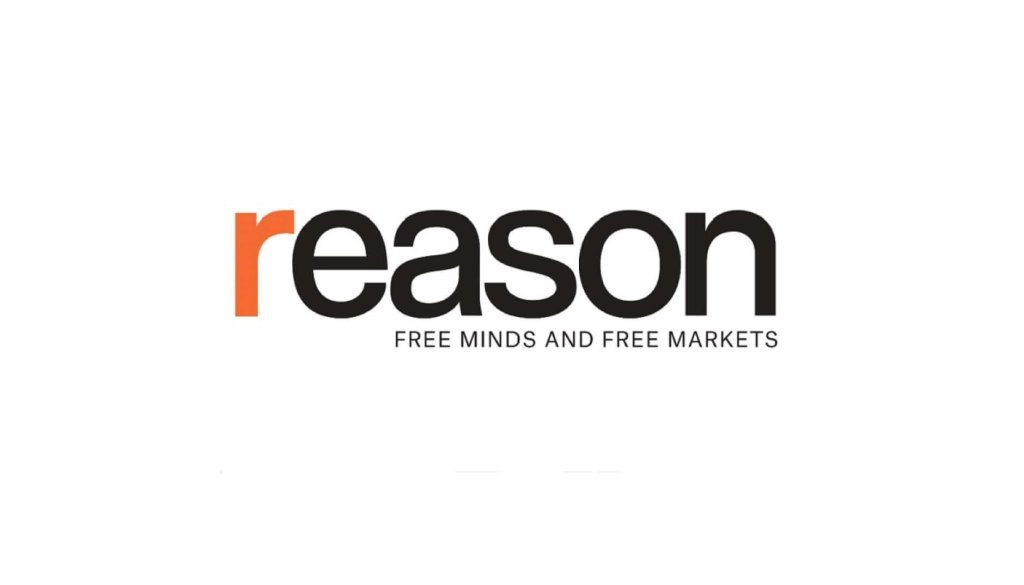Does Legalizing Sex Work Increase Human Trafficking?
One of the most influential social science papers of the 21st century argued that when countries legalize prostitution between consenting adults, it causes more people to be coerced into sex work.
The study, published in 2013 in the journal World Development, has been used to stop legalization initiatives around the world and to justify harsh new laws that turn customers of voluntary sex work into criminals, often in the name of stopping human trafficking.
Unfortunately, the authors of the study used a flawed economic model and abysmal data to reach their conclusion. When crucial information was missing, they guessed and filled it in. Then, when the analysis didn’t yield what seemed to be the authors’ desired finding, they threw out the data. There is no evidence that legalizing prostitution increases human trafficking.
Despite its obvious flaws, the paper has been widely influential, cited not only in the press but by advocates and lawmakers writing policy. The Canadian government referenced the paper when crafting a 2014 law criminalizing the purchase of sexual services, and it influenced a similar law passed in France. An open letter signed by 800 feminist activists pointed to the study as evidence that legalization had failed to reduce “the harms that surround prostitution.”
The Nevada Independent cited the paper as one of “[n]umerous studies…show[ing] that prostitution and sex trafficking are inextricably linked.” It has also been referenced in policy debates all over the United States, as various localities have debated decriminalizing sex work.
So, how do you demonstrate that allowing consenting adults to exchange money for sex causes more people to be driven into sexual slavery?
They classified countries based on 4,950 accounts of human trafficking from 1996 to 2003, tabulated in a dataset put together by the United Nations Office on Drugs and Crime (UNODC).
The UNODC report was compiled from official government reports, news and opinion articles, and materials produced by activist groups. These sources aren’t consistently trustworthy, and yet the study authors weighted them equally and didn’t bother taking into account the number of reported victims in each incident. Almost half the accounts were missing crucial data, and the U.N. only included English-language sources.
Another problem with the data is that it included human trafficking unrelated to sex, like people forced to clean houses and prepare food. The dataset is also limited by only counting people trafficked across international borders, ignoring domestic exploitation.
The authors conceded th
Article from Reason.com

The Reason Magazine website is a go-to destination for libertarians seeking cogent analysis, investigative reporting, and thought-provoking commentary. Championing the principles of individual freedom, limited government, and free markets, the site offers a diverse range of articles, videos, and podcasts that challenge conventional wisdom and advocate for libertarian solutions. Whether you’re interested in politics, culture, or technology, Reason provides a unique lens that prioritizes liberty and rational discourse. It’s an essential resource for those who value critical thinking and nuanced debate in the pursuit of a freer society.



